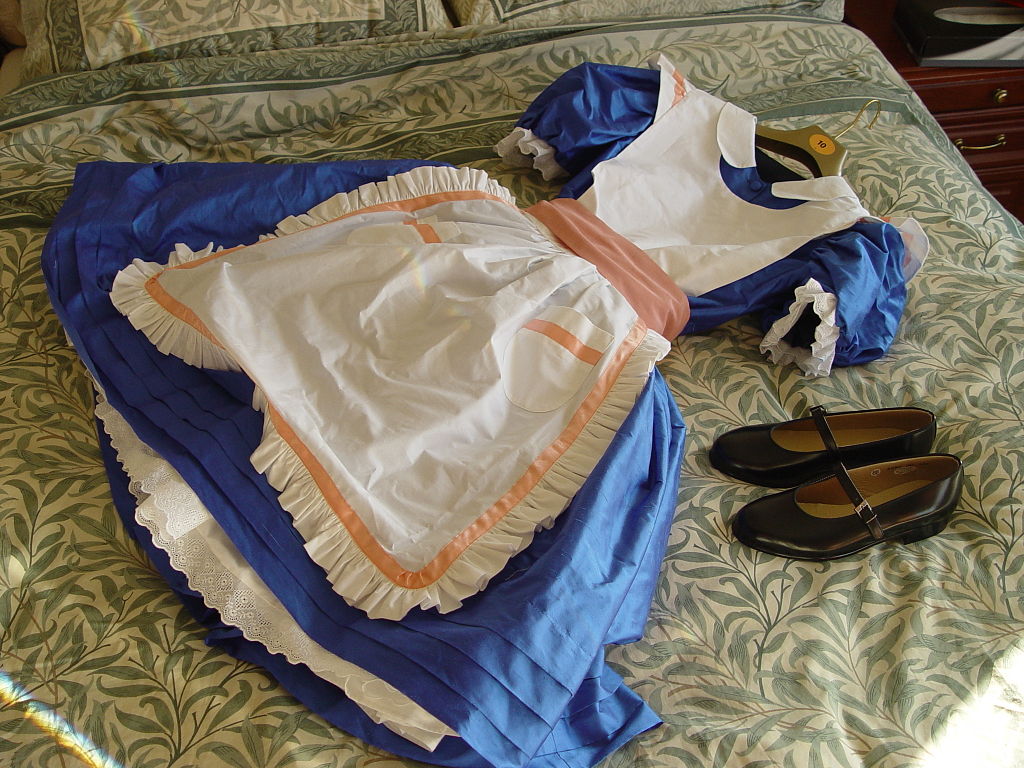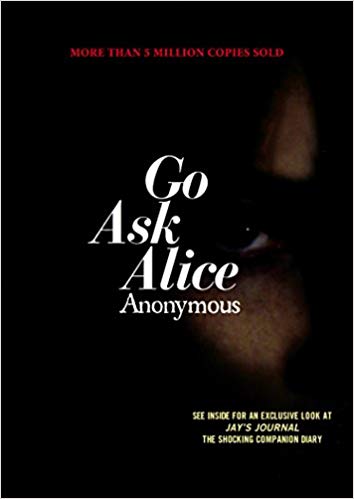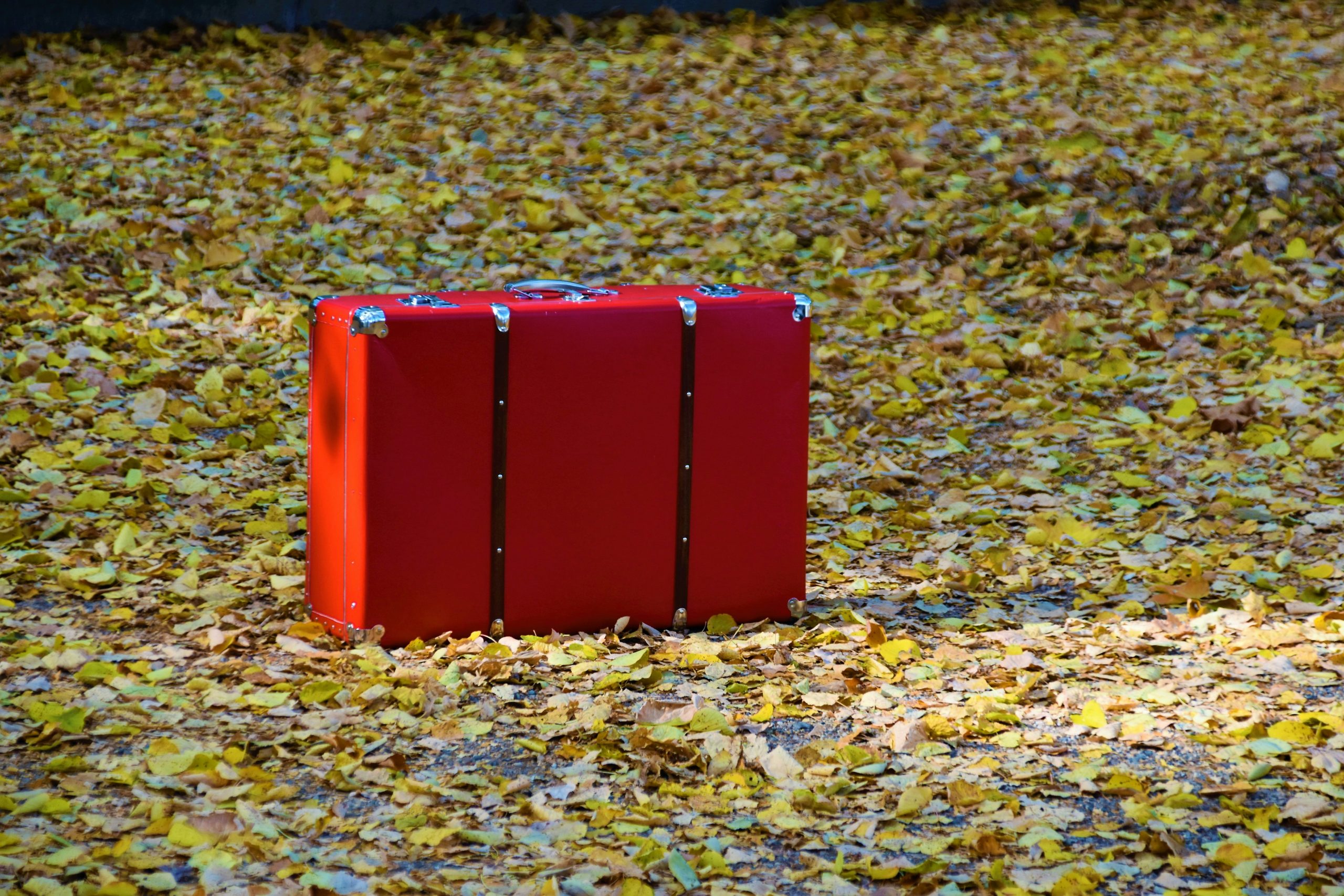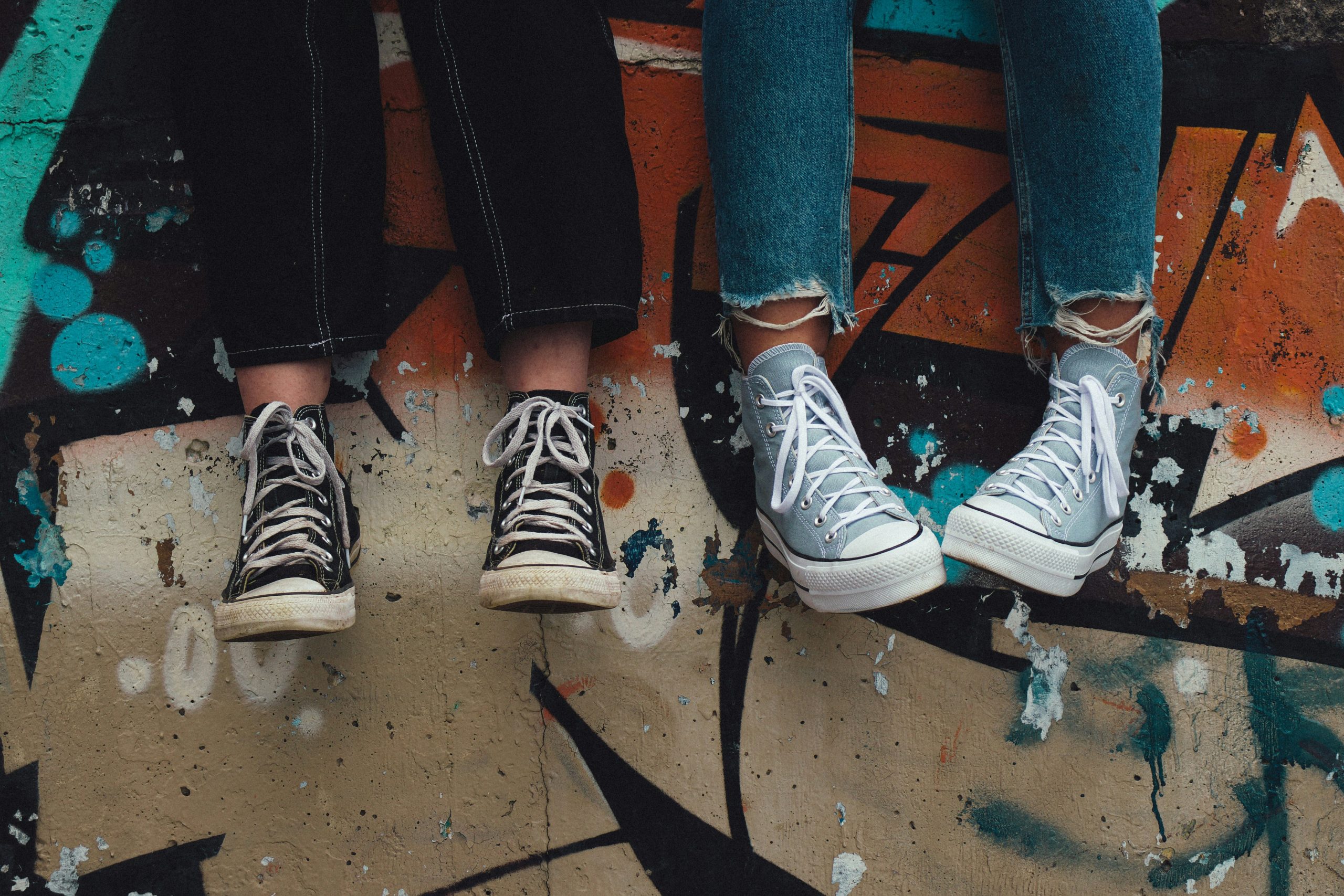Novel Gazing
The Book That Defined My Teen Anxiety Turned Out to Be a Lie
The sobering message of "Go Ask Alice" had a huge effect on my life—and then I found out the real story

Novel Gazing is Electric Literature’s personal essay series about the way reading shapes our lives. This time, we asked: What’s a book that changed your mind?
My older sister never let me in her room. In 1982, I loved her as much as she loathed me. My mother had a no-closed-door policy, so I spent many an hour staring at my sister from the doorframe in the hallway, like she was a fish in an aquarium. I watched her reading, listening to music, talking on her transparent Lucite rotary phone with the curly cord. She glared at me occasionally, asked me why I was such a loser, but mostly she did a superb job of pretending I didn’t exist.
And then she went to boarding school. I didn’t know why she went, though I doubted it was in pursuit of a better education. She’d gotten into some sort of trouble for something (my imagination went wild with possibilities), but anyway she was suddenly gone and there was nobody to bar me from entering the kingdom of cool. The day she left I stretched myself out on her bed, wondering whether anyone would notice if I took her fleece comforter until she came home. I studied the Polaroids of my sister with her long-legged friends and the Pink Floyd posters taped to the ceiling. I thought about how fun it was going to be to try on the clothes she hadn’t packed: the striped Guess jeans, the strappy wedges and a satin Fiorrucci jacket I couldn’t believe she’d left behind. I went through her drawers collecting rubber bands, stale lip-gloss, a cracked tub of Nozxema, and old Interview Magazines. And then, almost as an afterthought, I went to her bookshelf.
As with most of the things in my sister’s room, I didn’t know how she’d acquired the much-thumbed book with the dark and creepy cover of a heavily shadowed, blurry face. I couldn’t even make out if the face belonged to a girl or a boy. The strangest part was that there was no author. Under the provocative title, Go Ask Alice, was the word “Anonymous.” What did that mean? Go ask Alice what? I wondered. The phrase had a note of nostalgia to it, as if I’d overheard it somewhere. Like the marijuana box in my mother’s vanity or the occasional tampons in the little garbage can next to the toilet, the book belonged to the realm of things not meant for me to see.
I took the book (and the comforter) back to my powder blue room and planted myself on the side of my bed that offered the most privacy in our open-door house. And I read the book, which turned out to be a “real diary” of a teenage girl who becomes addicted to drugs at age 15 and runs away from home. The unnamed teenage protagonist had a familiar voice; she was smart and popular and she sounded like my sister when she was in a good mood. Happening upon that anonymous diary felt like a great discovery. I moved through the pages rapt, feeling sophisticated in my new acquaintance with boys, sex, and drinking.
Then, almost imperceptibly, the tone of the book began to change. Anonymous, it turned out, had been drugged at a party and was now, accidentally, addicted to drugs! Her voice grew more absent, detached, as if she was being gradually unplugged. I turned the pages quickly now, guilty and thrilled that I had a front row seat to her private tragedy. Mostly I was shocked that something so terrible could happen to someone so normal, someone like me. I kept waiting for her to get better, to let her family help, but unlike the after school specials I’d grown up on, this narrative felt shapeless, as if to suggest that in real life no story arc existed, no moral compass at all. Just when I couldn’t stand the tension any longer, the diarist’s tone lightened and it seemed everything was going to be okay. I cheered, felt a visceral relief, before I realized I’d been mistaken. Instead of the happy ending I anticipated, the diary just stopped.I don’t remember the details, but I do remember the epilogue: The subject of this book died three weeks after her decision not to keep another diary.
I was shocked that something so terrible could happen to someone so normal, someone like me.
I read the book again before returning everything to my sister’s room (even the comforter) and deciding the world was a very dangerous place. I cried for a long time after that because, in my mind, everything had changed. I was worried about my sister, I was worried about growing up, and, most of all, I became terrified of social gatherings. I swore to myself that I would never do drugs and that, if I happened to find myself at a party by mistake, I would never accept a drink from a stranger. I vowed that if I ever took drugs “by accident,” I would check myself into a rehab facility immediately to avoid any possibility of addiction. Only a twelve-year-old neurotic could rationalize such thinking, but it felt very real at the time.
I clearly wouldn’t have been so susceptible to the horrors of Go Ask Alice had I not had an appetite for anxiety to begin with. Still, the book haunted me through my adolescence and beyond. As I grew up in Los Angeles, my worldly friends were confused by my abstinence, my prudishness. But any temptation was trumped by that epilogue, running like a Gloria Gaynor song in my head: The subject of this book died three weeks after her decision not to keep another diary. To this day, I’ve never been a real drinker, never indulged in drugs beyond weed. Refraining from drugs isn’t necessarily a bad thing, but I was acting out of fear, not prudence. Go Ask Alice cemented my childhood suspicions about the perils of losing control. I even stopped dancing for fear that somebody might spike my punch while I was doing the Reebok. (Really.) Anonymous had convinced me that if I didn’t keep a tight watch, bad things were inevitably going to happen. I’d wept for that dead girl, but at least she hadn’t died in vain. She’d convinced me (and, I’d imagine, lots of other teenagers) to walk the straight and narrow.
And then, at the age of 47, I happened upon an article in The Paris Review about Go Ask Alice. The author, Frankie Thomas, describes the four stages of experience in reading the 1971 classic. First, the “titillated horror … at the book’s dramatic depictions of drug use.” Check. I definitely experienced that. Second, the “creeping suspicion” that there’s “something fishy” about a homeless drug addict keeping a diary fit for publication. Hmmm. I hadn’t really given it much thought at the time. Third, “the revelation, for the adult reader, that Go Ask Alice is not, in fact, a ‘real diary’ but a fictional hoax written by a Mormon youth counselor named Beatrice Sparks.” What’s that? Beatrice Sparks also penned Jay’s Journal, the “real diary” of a boy that died after getting involved with Satanism and It Happened To Nancy, yet another “real diary” of a girl, who got date-raped, got AIDS and died! What the fuck? Thomas describes the last stage of reading Go Ask Alice as a “howling hilarity upon rereading the book in this context.” Seen through this lens, according to Thomas, the book is basically a comedy.
Was I the only adult who didn’t know the truth? How was this even possible?
Well, I didn’t think it was funny. I was furious. Was I the only adult who didn’t know the truth? How was this even possible? I’m not an idiot. I’m a voracious reader; I went to college, grad school even. Is it really conceivable that a cheesy bit of anti-drug propaganda camp changed me into the fearful person I am today? Was I—am I—that susceptible, that naïve? Christ.
Many books have influenced my life and how I think, but very few have altered my sense of reality. In retrospect, I can see that reading Go Ask Alice at that particular stage of my adolescence had a profound effect on the person I became. I never blamed the book for fueling my anxieties—those wheels were clearly already in motion—but I do wonder if I might have moved through life with less useless armor had I not been so paranoid about becoming a victim, so concerned with what other people thought of me, so overly prepared to reject anyone who I thought might reject me first. Anonymous might have used drugs to escape her adolescent worries, but I would never be so foolish. My pre-teen mind equated letting go with putting myself in danger. My adult mind settled into those grooves and took refuge in their worn familiarity.
Maybe it’s no coincidence that I’ve always been drawn to novels with unreliable narrators; The Talented Mr. Ripley, What Was She Thinking, The Dinner, Fingersmith, Good Behavior. I find nothing more satisfying than being escorted through a story by someone I’m not sure I can trust. It feels like the most honest form of storytelling. After all, aren’t we all just the unreliable narrators of our own stories? And fiction, by definition, is a fabrication. But nobody enjoys being outright lied to, being made to feel duped. As I see it, Beatrice Sparks lied to me.
I think about James Frey’s public flaying over A Million Little Pieces, a purported addiction memoir which was later revealed to be a literary fraud, and wonder how Mrs. Sparks got off without ever having to answer for her trickery. I recently looked up Go Ask Alice on Amazon. The author is still listed as “Anonymous,” and it really isn’t manifestly obvious, as it should be, that Go Ask Alice is a work of fiction. In fact, the editorial review reads as follows: Although there is still some question as to whether this diary is real or fictional, there is no question that it has made a profound impact on millions of readers during the more than 25 years it has been in print. Maybe nobody who happens upon the book is as naïve as I was at twelve, or maybe the value of the faux memoir now lies in its conceit rather than its message. Whatever the case, the deception still rankles, even after all these years.
So should I be angry with Beatrice Sparks, or grateful? Did she save me from the horrors of addiction or prevent me from partaking in the normal, feel-good experimentation my peers enjoyed? I think about the “trips” I didn’t take, the drinks I didn’t drink, the fun I didn’t have. I’m delighted not to find myself a 48-year-old drug addict, but God knows I could have used some lightening up along the way.
When I called my friend Kelly to discuss my revelations about Go Ask Alice—Kelly is the self-deprecating friend I rely on to temper my personal humiliations with her reliably more outrageous gaffes—she wanted to know if I was joking. Of course she knew Go Ask Alice was a fake. Everybody knew. Who does LSD and then marijuana, she asked, as if I’d read the book for veracity at the ripe age of thirteen. She told me that she started doing drugs after she read the book, that’s how amusing the read was for her. I suspect she was exaggerating, but that’s not the point. At least, like most of my friends, Kelly knows how to have a good time—which, thanks to a Mormon youth counselor in Utah, is more than I can say.









